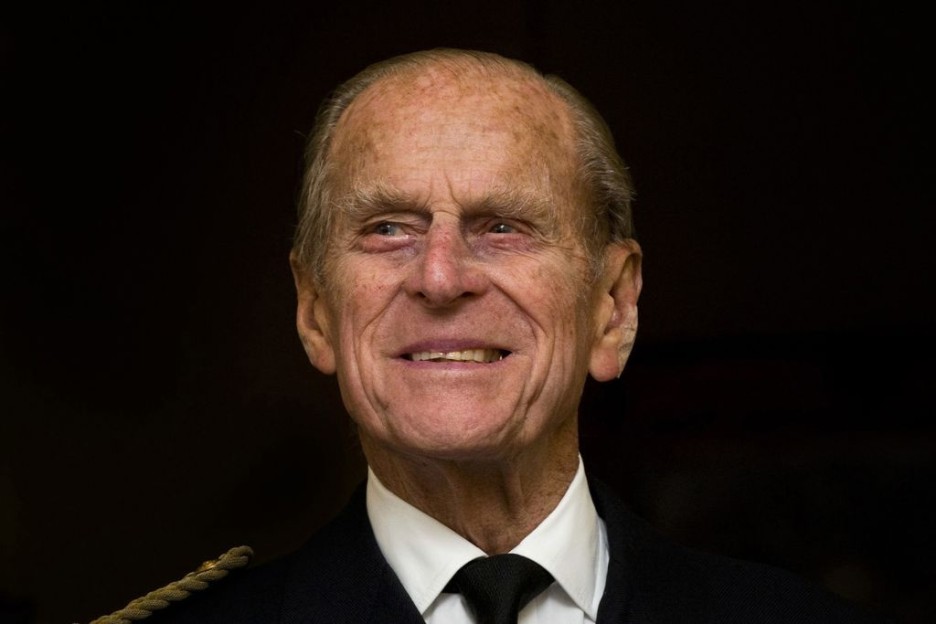Prince Philip's Last Will WON'T Be Publicized in Next 90 Years — Here's Why

Royal fans will not be able to discover the contents of Prince Philip's last will in the next 90 years.
The Guardian first attempted to score access to the will by taking legal action against Queen Elizabeth II's private lawyers and attorney general - who also serves as the government's chief law officer.
Months after the filing, The Telegraph confirmed that the news outlet lost the appeal, with judges ruled that the revelation of the will would cause a "storm" amid the "hugely sensitive" time for the Queen.
"The hearing was at a hugely sensitive time for the Sovereign and her family, and those interests would not have been protected if there had been protracted hearings reported in the press rather than a single occasion on which full reasons for what had been decided were published," Sir Geoffrey Vos and Dame Victoria Sharp said while sitting with Lady Justice King.
The ruling ultimately announced that the wills by the senior royal family members are not open to the public.
The recent announcement resonated with the original decision following the Duke of Edinburgh's death. At that time, it was announced that the duke's will would remain a secret for 90 years in order to safeguard the monarch's dignity and standing. The High Court sealed the document for Prince Philip, and it has been a practice for over a century.
A private process will still be held if the royals want to unseal it after 90 years.
Prince Philip's Last Will Could Cause Publicity Storm
Keeping royals' wills have been a long tradition of the monarchy since 1822. The court, at that time, ruled in respect of King George III's will.
As for Queen Elizabeth II's husband, it will surely attract a considerable but undesired amount of interest. If the document comes out or accidentally leaked by anyone, the royals' private affairs might also be compromised.
The judges themselves explained that the case's circumstances were exceptional since it would disclose how the royal family distribute its assets.
"A perceived lack of transparency might be a matter of legitimate public debate, but the (Non-Contentious Probate Rules) allow wills and their values to be concealed from the public gaze in some cases. The judge properly applied the statutory test in this case," they went on.
Prince Philip's will has been locked inside a safe with the other documents penned by more than 30 dead senior royals.





